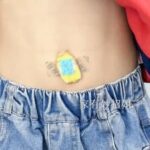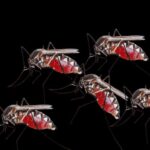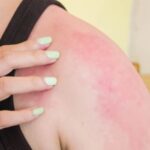The sensitivity of a newborn’s skin and their temperature regulation system often worry parents about keeping their baby comfortable and cool. However, some well-intended practices can be counterproductive.
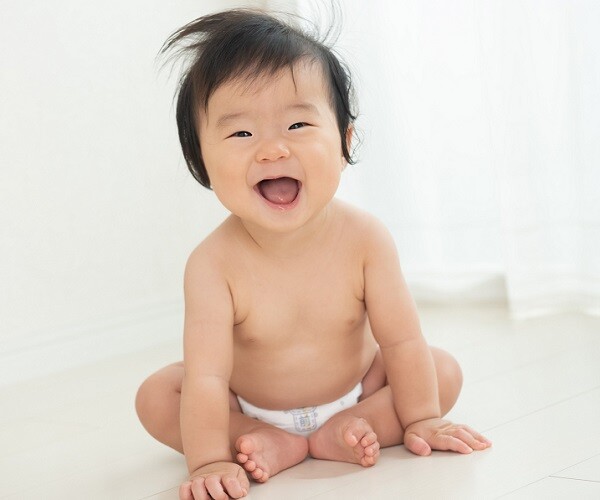

Shaving a baby’s head in hot weather
Many parents believe that shaving their baby’s head will keep them cool and prevent heat rash. However, hair acts as a natural protector for the scalp. Shaving a baby’s head can increase their risk of sunburn, mosquito bites, and other health issues.
Hair shields the scalp from environmental factors. During hot days, hair provides a barrier against direct sunlight, reducing the risk of UV damage. Without this protection, a baby’s scalp is more susceptible to sunburn, redness, and irritation, leading to discomfort and potential skin problems.

Additionally, shaving can increase the risk of mosquito and insect bites. Hair acts as a natural barrier, preventing insects from reaching the scalp. Without hair, babies are more vulnerable to mosquito bites, causing itching and discomfort.
Furthermore, shaving a baby’s head may impact future hair growth. Newborn hair is typically fine and thin, and shaving can alter its structure and future growth patterns. Some babies may experience uneven hair growth or early hair loss.
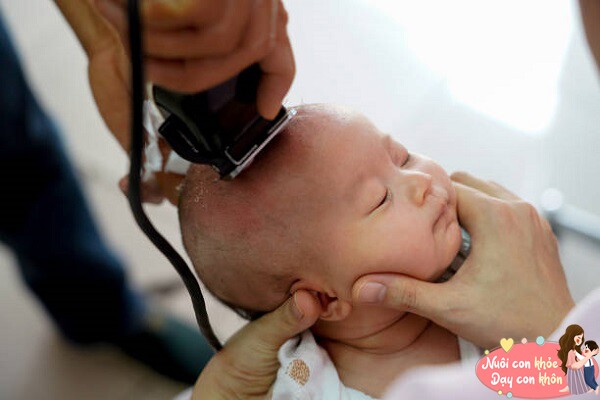
Shaving a baby’s head may impact future hair growth.
Expert advice:
– Trim hair short but avoid shaving it all off, leaving about 1-2 cm of hair.
– Wear a breathable hat when going outdoors to shield the scalp from direct sunlight.

Concern: Adults using too much perfume and mentholated ointment
Summer is mosquito season, and many parents rely on perfume and mentholated ointments as a solution. However, these products contain alcohol and menthol, which can irritate a baby’s delicate skin.
Experts emphasize two important considerations for parents:
– A baby’s skin barrier function is still developing, and using products with alcoholic and menthol ingredients can lead to contact dermatitis.
– The US FDA does not recommend using menthol-containing products on children under two years old.
Expert advice:
– Opt for mosquito repellents specifically designed for infants (containing less than 10% DEET or picaridin).
– Physical barriers, such as mosquito nets and electric rackets, or infant-safe products, are safer alternatives.

Concern: Overconsumption of cold foods and drinks
During hot weather, parents often offer their children cold drinks to quench their thirst. However, a baby’s digestive system is delicate, and consuming too many cold foods can lead to diarrhea.
A newborn’s gut bacteria are still establishing themselves, and cold drinks can irritate the gastrointestinal mucosa. Traditional Chinese medicine also suggests that a baby’s spleen is not yet strong enough, and consuming too many cold foods can weaken the spleen and stomach.
Expert advice:
– Offer fruits at room temperature instead of chilled.
– Encourage frequent sips of water rather than large amounts of cold water at once.
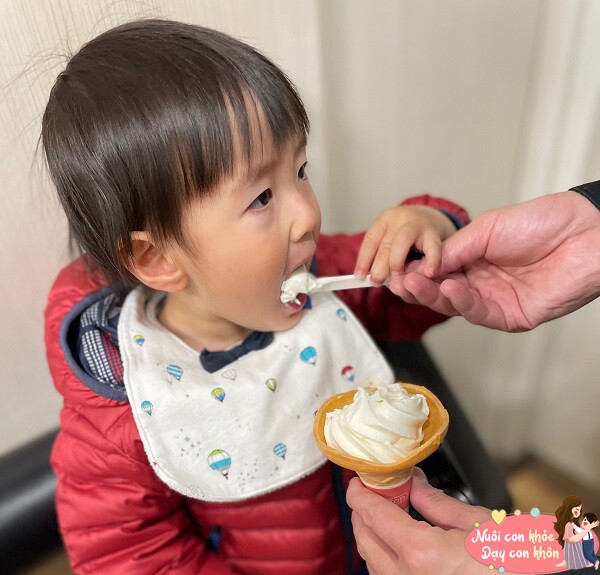
Limit the consumption of cold foods.

Concern: Wearing open-crotch pants
While open-crotch pants may seem cooler, newborns tend to crawl and sit everywhere, exposing their genitals directly to the floor and toys. This can lead to infections, especially for girls.
A newborn’s immune system is still developing, and their vagina and urethra are more exposed, increasing the risk of urinary tract infections and skin inflammation.
Expert advice:
– Use disposable diapers instead of open-crotch pants. Modern diapers are breathable and less likely to cause diaper rash.
– Choose thin, breathable diapers and change them every 2-3 hours.
– If concerned about stuffiness, allow the baby to go bottomless in an air-conditioned room, ensuring no direct contact with unsanitary surfaces.

Concern: Not changing diapers frequently enough
Some parents believe that diapers are stuffy in summer, so they change them less often or let the baby go without. However, prolonged contact with urine and sweat can irritate the skin and cause redness.
Ammonia in urine and feces can irritate the skin, and high temperatures and humidity create an ideal environment for bacterial and fungal growth.
Research indicates that diaper rash is primarily due to improper changing times or inadequate cleaning practices.
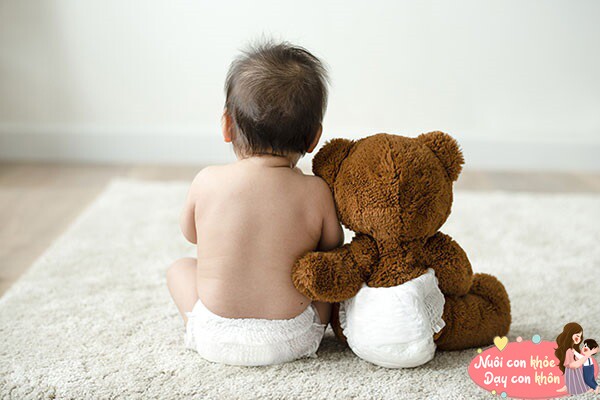
Parents should pay attention to frequent diaper changes.
Expert advice:
– Check and change diapers every 2-3 hours.
– Clean the area thoroughly after bowel movements and apply a barrier cream to prevent irritation.
Parenting is not easy, especially during the summer. What may seem harmless to adults can potentially harm a child’s health. Therefore, it is crucial for parents to be mindful of their care practices and pay attention to their child’s daily habits and characteristics to ensure their healthy development.
“The Skin-Deep Secret: Unveiling the Link Between Body Odor and Mosquitoes. Strategies to Stay Bite-Free.”
Are some people more prone to mosquito bites than others? Is it purely random, or is there a science behind it? This age-old question has plagued humans for centuries, but why? Uncover the truth behind this phenomenon and explore the fascinating factors that may influence a mosquito’s preference for certain individuals.

























